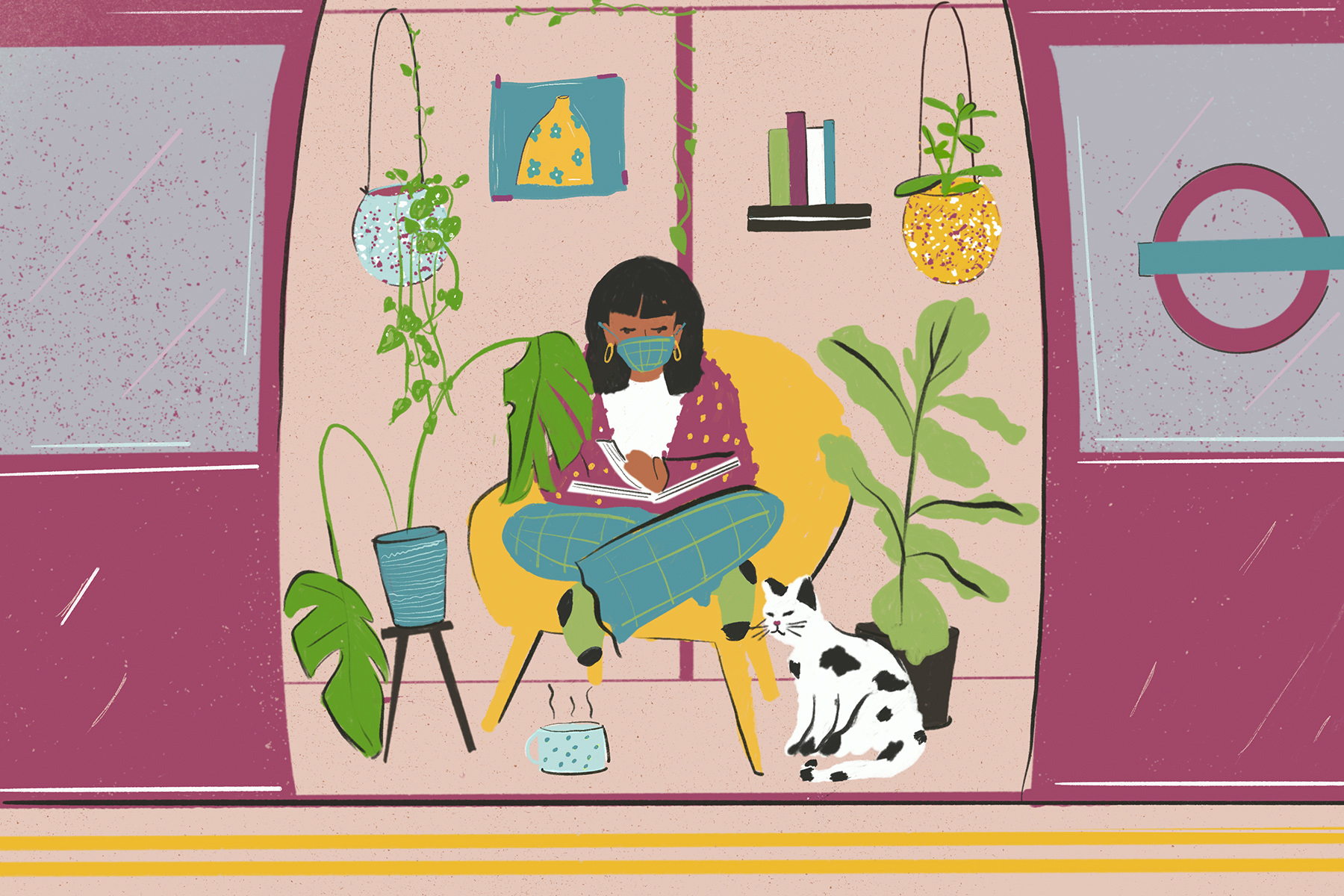
Do you remember how you read when you first encountered books? That shimmer of excitement upon entering a library or a book shop? The giddy feeling which kept you returning to your bookshelves?
With so much to read and so little time to do it, you can be forgiven for losing some of that shine. So, on the cusp of a new year, we thought we'd suggest some ways to get it back and make reading truly fun again.
Balance your reading diet
One of the best bits of reading advice we've heard was from Nick Hornby, who said think of your reading habits like your dietary ones: sometimes you want to eat very healthily, other times you crave sugar, salt and things that have emerged from the deep-fat fryer. The same can be applied to books. We're not going to tell you what your literary equivalent of quinoa and tofu is, nor the book version of a takeaway, but it’s a good idea to enjoy both in moderation. If you’ve been reading a lot of tofu, treat yourself to a bookish portion of chips. One will complement the other – and you’ll relish both for their own merits.
Make yourself a reading space
If you’re finding it difficult to settle into a book, perhaps it’s because you’ve not found the best place to read. If you’re a commute or cafe reader, then maybe giving yourself a little background noise can help. Or, if you like a distraction-free reading experience, get yourself sorted (warm drink, nearby jumper, necessary snacks) for the next hour or so and stick your phone out of reach. If you’re a fan of a book nook, we heartily suggest one for indulgent reading sessions – there are some tips on how to make one here.
Carve out time in your diary to read
Much as we love spontaneity – that impulsive book shop buy, a happy afternoon given over to a classic – the fact is that life is full and busy and it can sometimes seem difficult to squeeze a decent chunk of reading time in. By putting a dedicated space in your schedule to read (an hour every Tuesday evening, for instance) you can make a date with your reading habits, rather than taking them for granted. In the process, you may form a new ritual that can help you to enjoy your reading time more.
Lose the reading guilt
So you didn’t finish a book. So you decided to spend the week binging on the latest Netflix hit, instead. So you haven’t read War and Peace this year. So what? Let yourself off the hook. Nobody will give you a prize for getting through 50 books this year, or finishing something off in a matter of weeks. Read what makes you happy, at a pace that makes you happy, and if the book you’re reading doesn’t make you happy, pass it on to someone else it might. And if you really want to seem informed on the latest bestseller, here’s a tip: read the reviews.
Keep a reading journal
Some people have an immaculate memory when it comes to reading books, but if you’re prone to forgetting what you’ve read, a journal can help. Beyond the practicalities, there’s an undeniable thrill that comes with writing down the title of a book you’ve just finished (and, if you feel like it, some thoughts of what you made of it). At the end of the year, the journal will offer you a record to look back on what you read – and a sense of what your reading might look like in the next.
Talk about what you’re reading
There’s a reason why people form book groups: if you’ve just read something amazing, or even something awful, the best way to prolong the experience is to discuss it. This doesn’t need to be formal or fussy – if you don’t have a monthly meet-up with pals over pre-assigned books, no matter. Instead, think about some of the questions raised by your recent read and see what your friends or family think of the matters at hand. Failing that, sticking something out on social media along the lines of, “Has anyone read …?” will usually find a rich seam of bookish chatter to explore – which can help take you onto your next book.
Let us know what you think of Penguin.co.uk by emailing editor@penguinrandomhouse.co.uk.
Image: Alicia Fernandes / Penguin